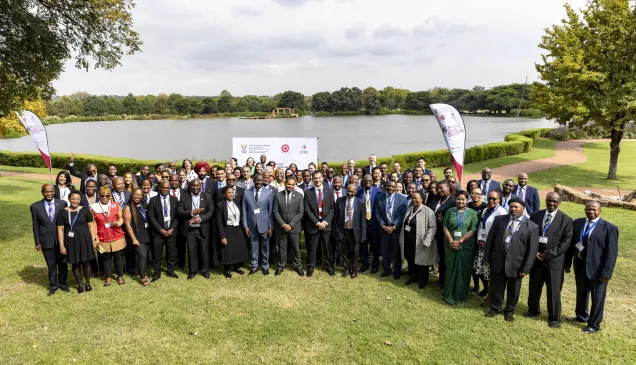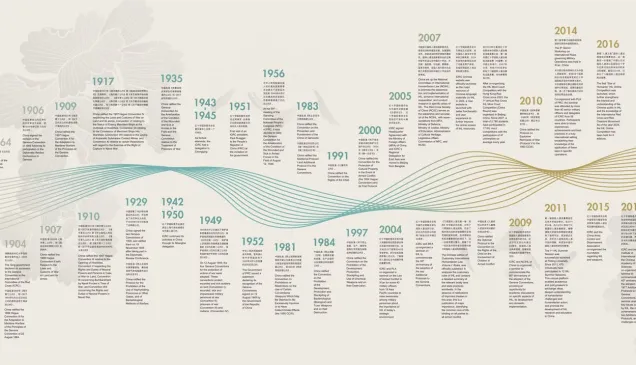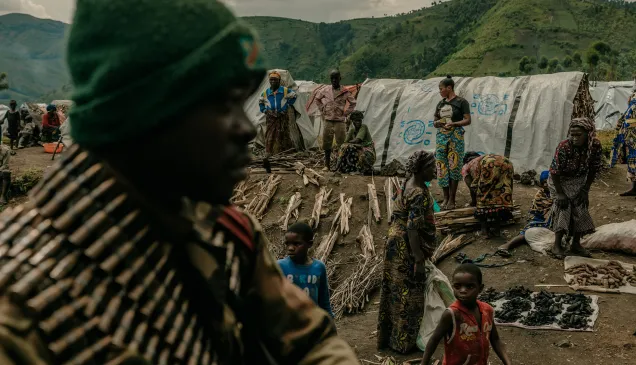Rwanda: Staff from 3 hospitals get trained in conflict-wound management
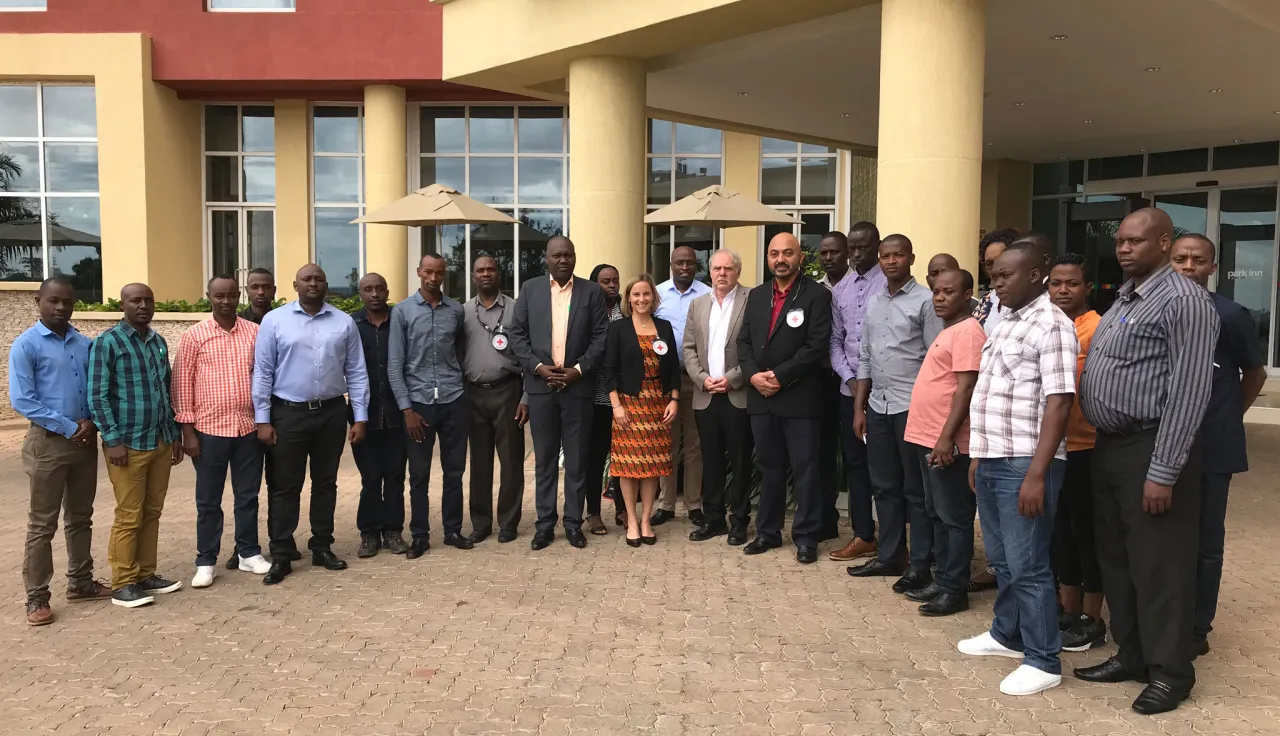
A team of 20 medical staff from Rwanda Military Hospital, King Faisal Hospital, and Gisenyi District Hospital attended a three-day course aimed at strengthening their skills to manage patients with conflict wounds.
Organized by the delegation of the International Committee of the Red Cross (ICRC) in Rwanda, the course was attended by surgeons, anesthesiologists, and nurses. It was organized from 23 to 25 October 2018 in the capital city of Kigali.
Though Rwanda is not in the midst of a war, the country receives a number of wounded patients from the neighbouring Democratic Republic of the Congo (DRC) and Burundi due to the displacements.
Most of the wounded refugees who arrive in Rwanda for medical assistance are mainly transferred to three national referral hospitals – Rwanda Military Hospital and King Faisal Hospital in Kigali city and Gisenyi District Hospital, which is in Western province bordering the DRC.
Looking at the need for specialized surgical skills, the seminar equipped the participants with the knowledge to provide the wounded patients with adequate and timely care. It also served as a forum for experience-sharing among the medical staff.
Dr Françoise Mukagaju, a general surgeon at King Faisal Hospital, appreciated the course module, saying she was happy to attend it because it provided her with specific and new skills to treat those wounded in conflict. "I now feel ready and comfortable to receive these patients as I have learned about the specificities and management of these wounds," noted Dr Mukagaju.
The course, which has been designed by the ICRC health team, is based on more than 110,000 cases handled by its surgical teams who have been constantly on the battleground over the years, treating people affected by war.
In his opening remarks, a representative of Rwanda Military Hospital, Captain Dr Erneste Nahayo, praised the initiative and suggested that the course should be extended to more medical personnel across Rwanda as the skills could be used to treat other bullet-related injuries too.
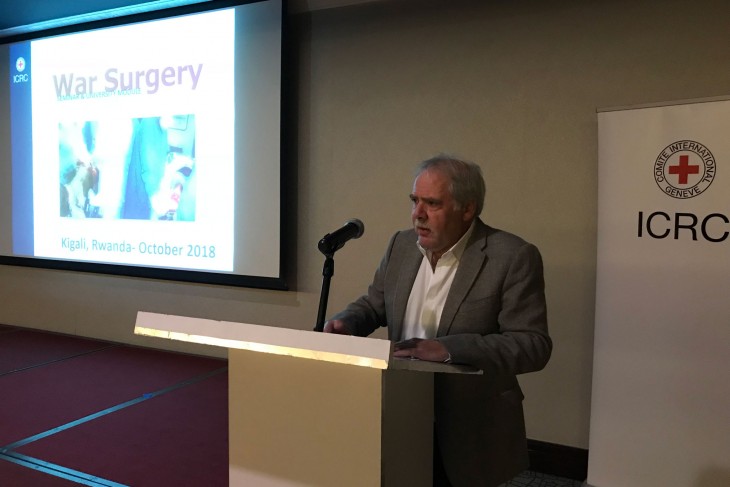
ICRC head of delegation in Rwanda, Pascal Cuttat, addresses participants at the training. CC BY-NC-ND / ICRC
Pascal Cuttat, head of the ICRC's delegation in Rwanda, promised to continue working closely with Rwandan authorities to strengthen the national health system in accordance with the organization's mandate.
Apart from such seminars, the ICRC promotes better access to health care in Rwanda by providing medical equipment to referral hospitals that treat people with conflict injuries, besides financial support for secondary and tertiary surgical treatment to those who seek refuge in Rwanda.
As most of the participants were active military personnel, the trainers also spoke about the necessity to respect the international humanitarian law with the aim to help and protect victims of armed conflict and strife, along with the civilians and medical personnel.

